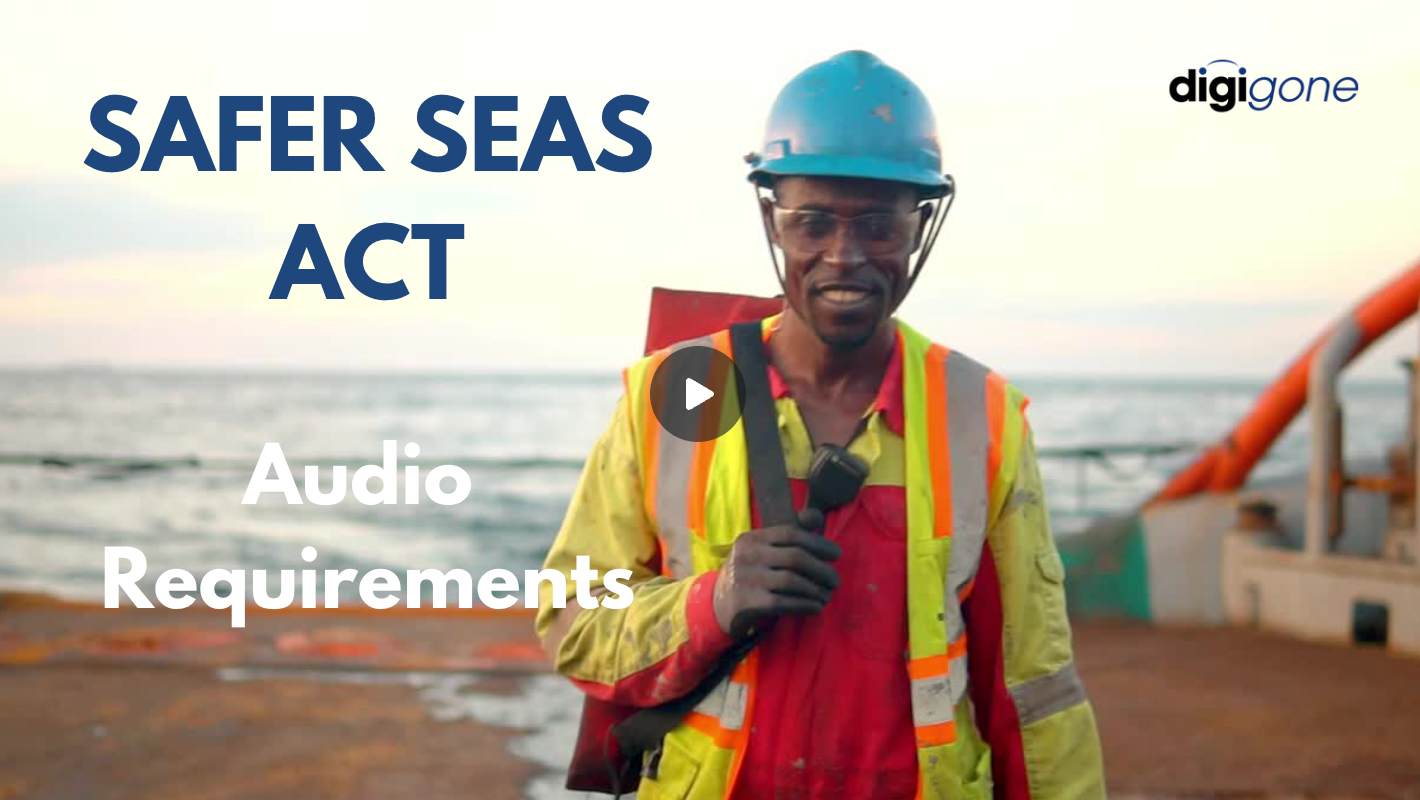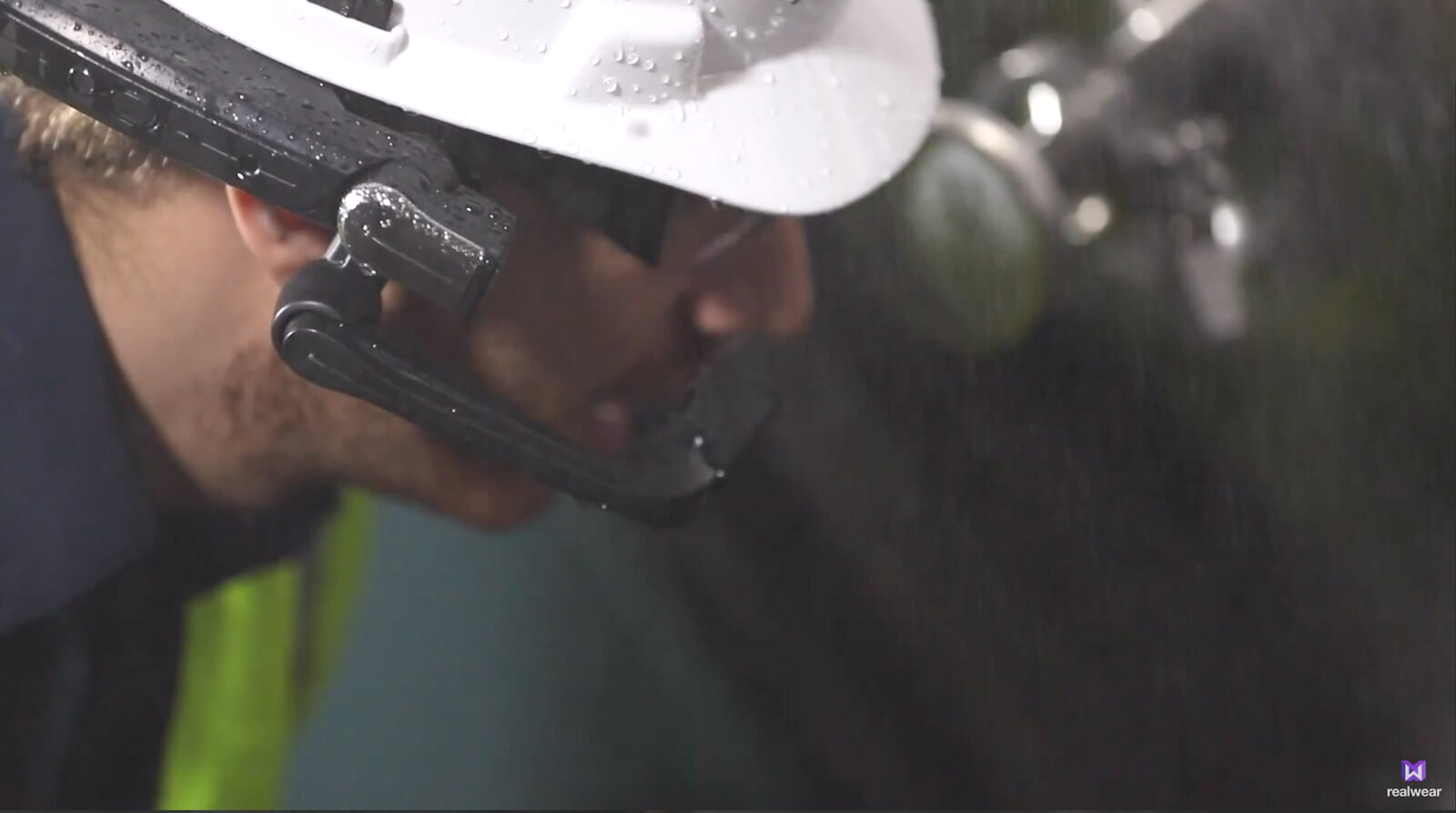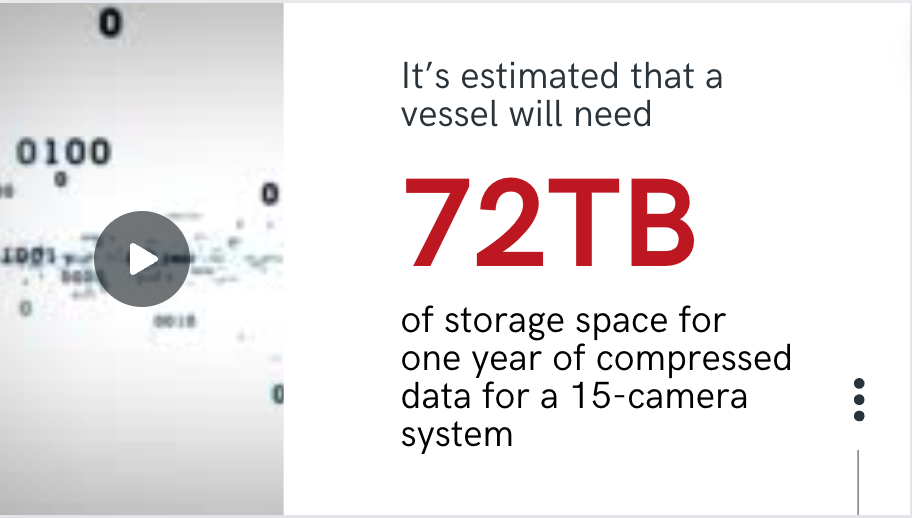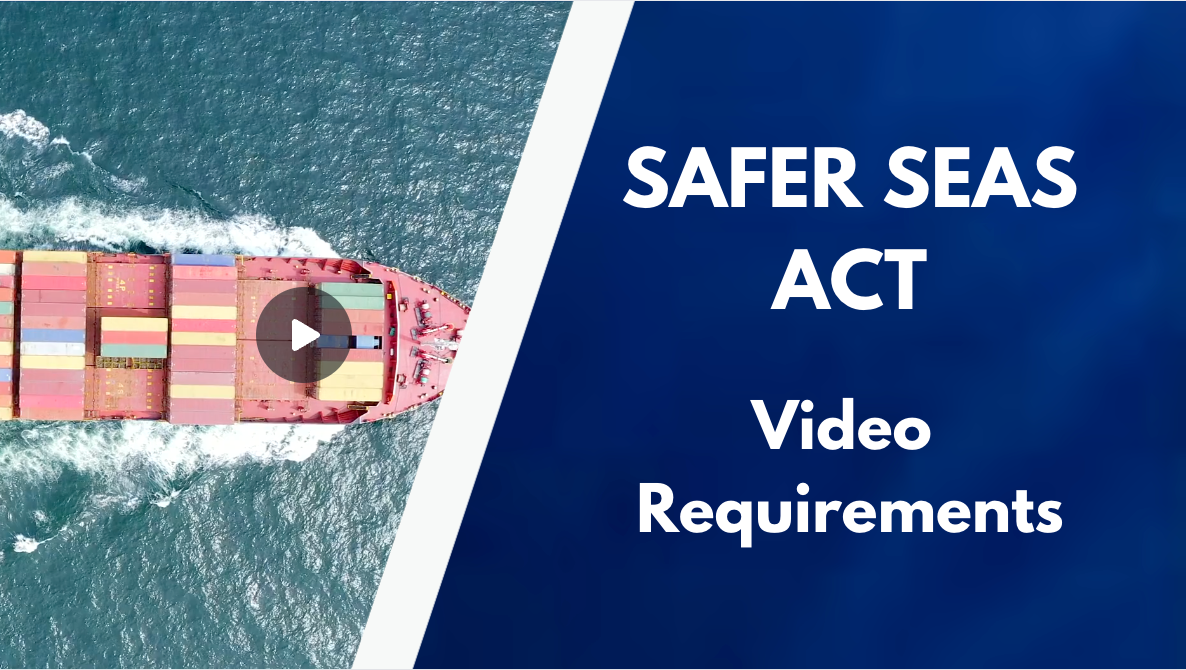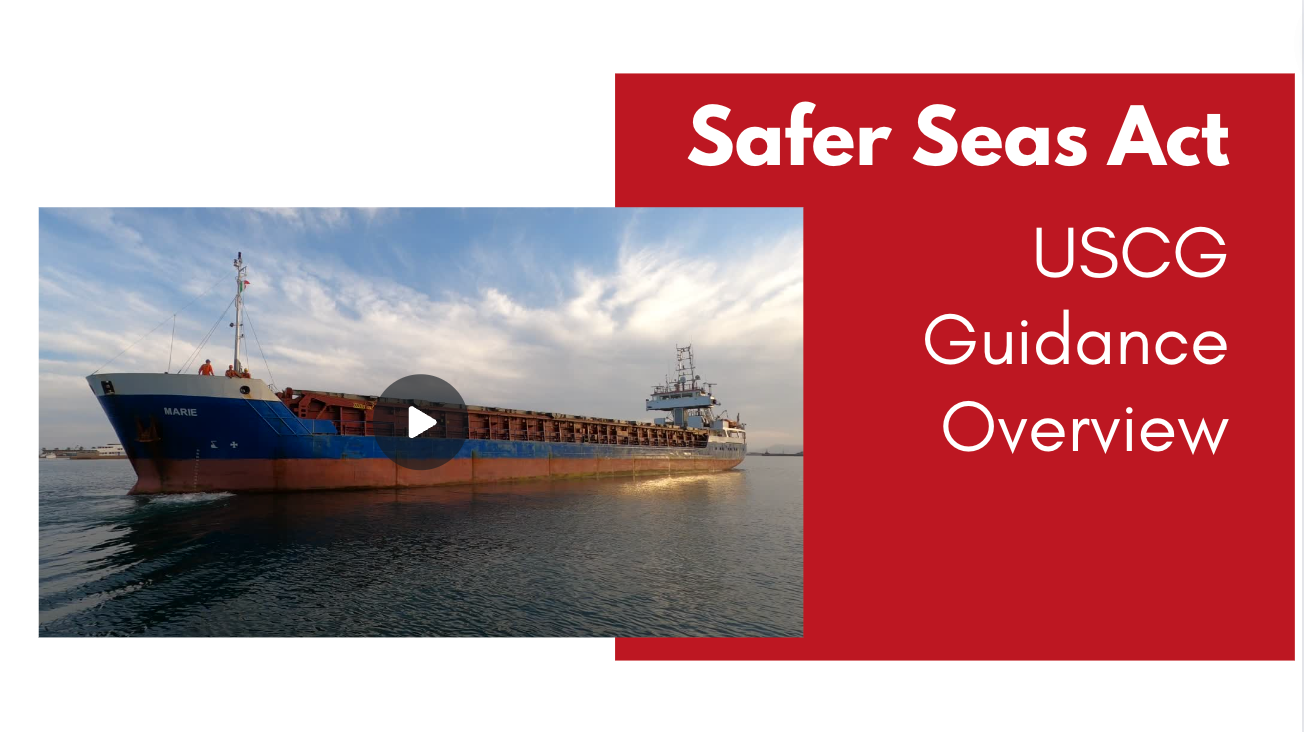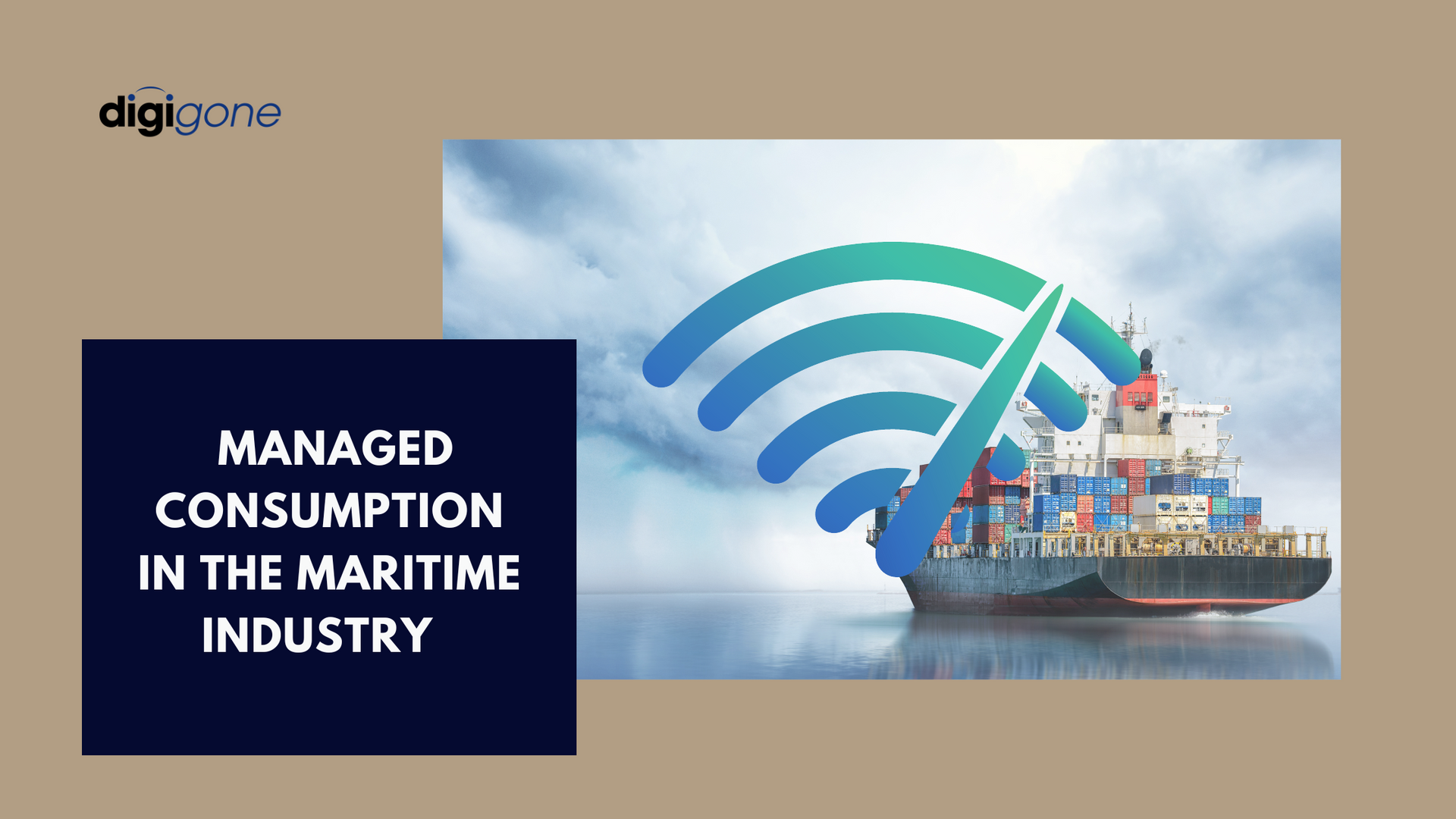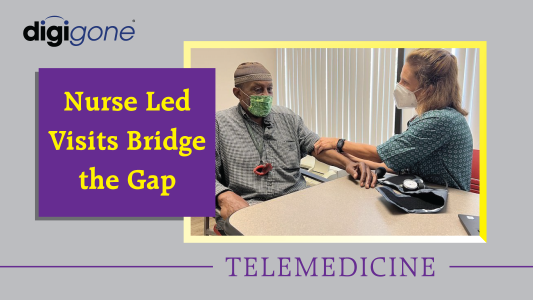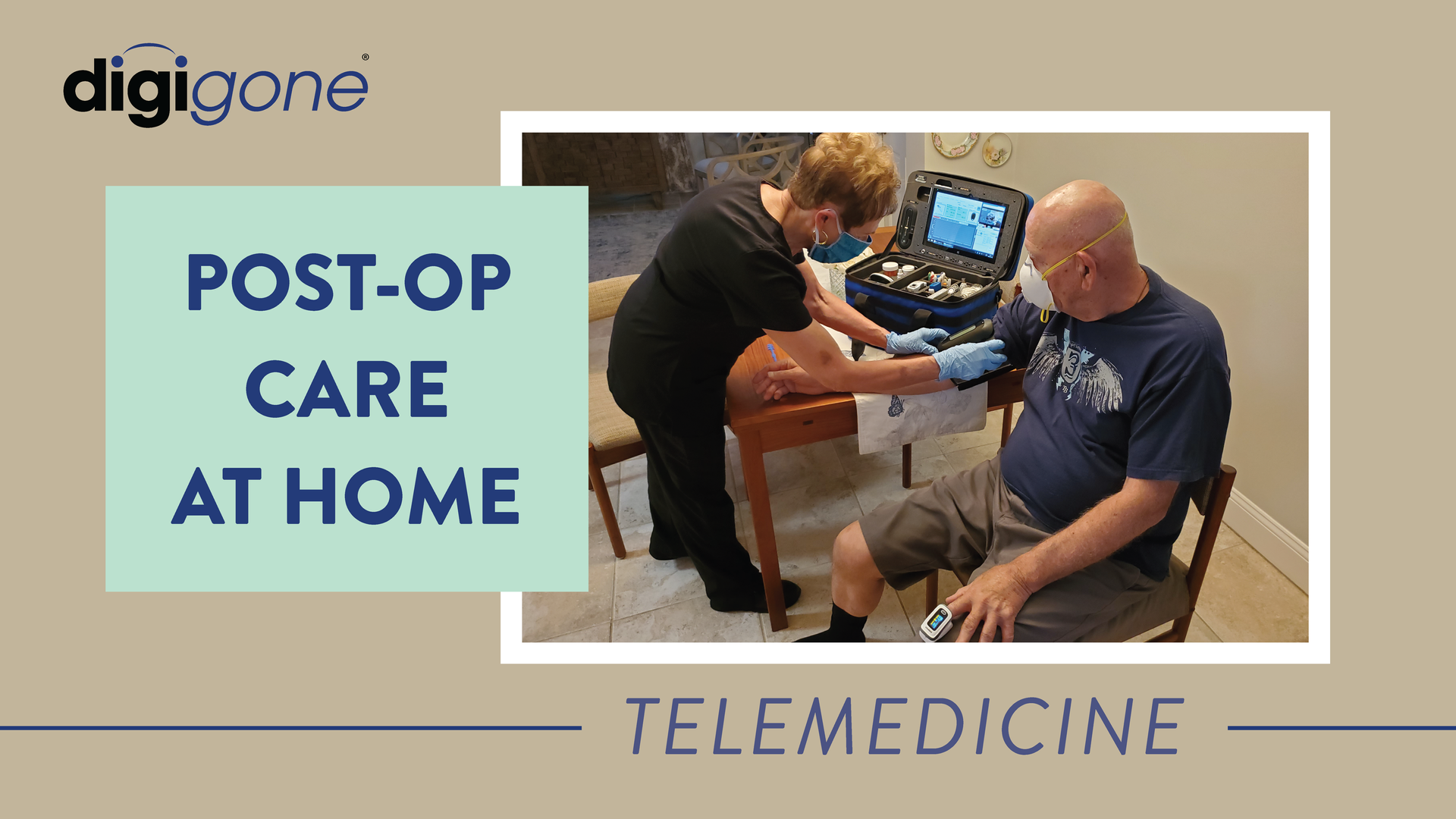Adapting to New Times with the digiTech Solutions Headset
digiTech Solutions provides on-the-job training, virtual repairs and keeps crews safe.
It could take months for the maritime industry to unravel from the problems caused by the COVID-19 pandemic. And while, hopefully, the worst is behind us, there were some changes to business practices during the past year that may stick. Many companies were forced to work leaner and adapt at a moment's notice, forcing their hand at learning new technologies to train workers, keep teams connected and crews safe.
To that end, over the past year, DigiGone has adapted its product line to the new ways of conducting business during and after the pandemic. We partnered with RealWear for a hand-in-glove solution: integrating digiTech with a RealWear HMT-1 headset that allows engineers, subject-matter experts and crews to collaborate in the remotest of locations.
Seamless Collaboration
With our digiTech solution, team members from different locations can talk, share images, tap into a camera and upload documents all simultaneously. Say a bosun is supervising a cargo offload, they can:
- Share their headset video camera
- Communicate with other team members
- Access the voice-controlled operating system to take pictures of damaged containers or goods
- Use the viewer, which is similar to holding a tablet at arm's length, to observe activities on the other side of the load
- All hands-free
Bonus: Rugged by design and purpose-built for industrial environments, the headset stands up in loud, dusty or wet situations.
On-the-Job Training
One major problem for the maritime industry during the pandemic has been training new mariners. Marine Log recently wrote, "As new courses and ways of conducting maritime training are underway, there is a need for seasoned mariners to continue their education and undergo refresher training, especially for Coast Guard courses."
On-site training with digiTech is a perfect solution for that important transfer of knowledge. One
study by GlobalFoundries found these "wearable computers" can cut training time down by 30 to 50%, "When workers can access technical documents through HMT-1, the foundry doesn’t need to take equipment offline to train new hires."
Reduce Downtime
In the same vein, repairs can be conducted in a virtual environment. Engineers can fully assess the situation and guide crews through a repair, getting operations back online quickly.
Inspections can often be handled in the same manner. To adhere to social-distancing protocols, many companies are moving to virtual inspections to keep their crews safe.
Avoid Unplanned Medical Diversions and Delays
Our digiTech solution can also integrate into a telemedicine program to connect with doctors 24/7. With ships log-jammed at ports, medical visits are much more complicated. Now medics can assess symptoms or treat minor injuries without having to hold a smartphone or adjust a computer for the doctor to see the patient; their hands are free to use diagnostic tools for a complete evaluation.
Both of these measures keep boots off boats and any potential exposure to viruses at bay.
Increase Operational Efficiency
Bottom line is in all of these scenarios, digiTech helps increase operational efficiency. With shipping delays causing frustration across the globe, don’t let other factors complicate logistics. This new technology allows for virtual collaboration, training and since it's a DigiGone product, it’s available just about anywhere in the world.

